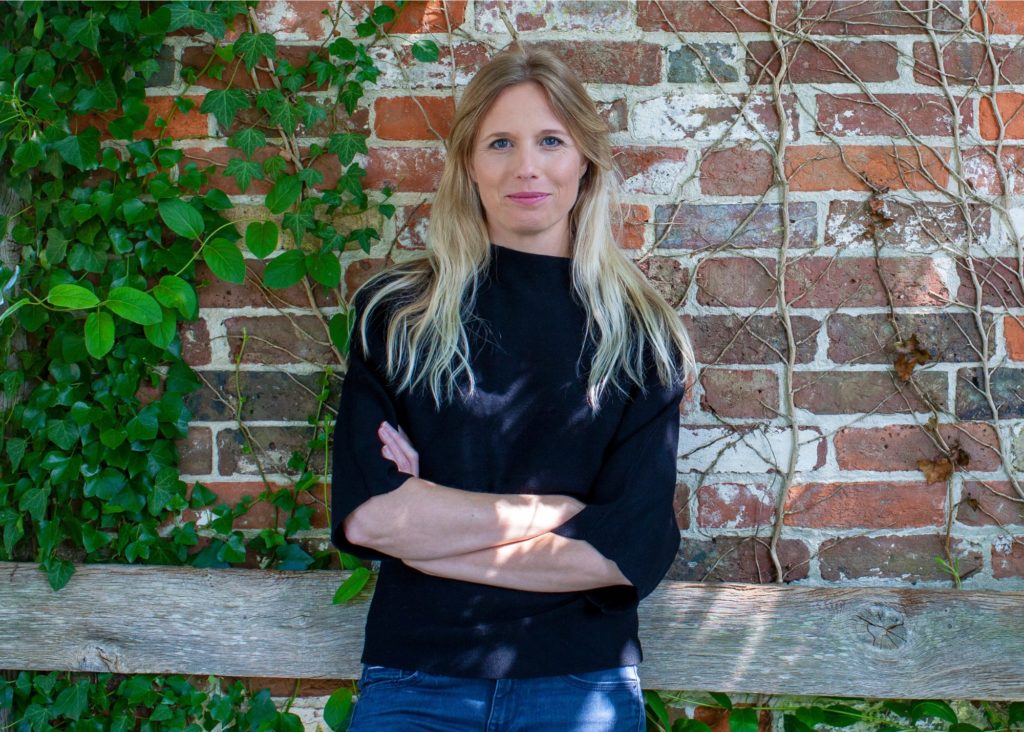
Stepping into the construction industry through structural or civil engineer is exciting. It is, however, an industry facing up to a mental health crisis. Many companies lack the resources and understanding to put actions into place to support their workers and AI could open the door towards more transparency about mental health. Sarah Baldry of Wysa explains more.
The UK construction sector faces a critical mental health crisis. Research from Citation found that men in the construction industry are three times more likely to die by suicide compared to the average male population – yet a rather concerning 72% of construction companies lack specific mental health support policies. The Chartered Institute of Building's (CIOB) 2022 study, Understanding Mental Health in the Built Environment, also revealed some distressing statistics: 87% of construction workers experience anxiety, 70% suffer from depression, 26% have suicidal thoughts, and 95% regularly deal with poor concentration. These issues not only affect the wellbeing of workers but also pose significant risks to workplace safety and operational efficiency.
The risks of poor mental health in construction are profound, multifaceted and significant. On a personal level, workers may experience depression, anxiety, and loss of motivation, and this can lead to crises. The British Safety Council reports growing suicide numbers. In 2021, 507 construction workers died by suicide, equivalent to two workers every day. The death toll equates to 34 people per 100,000 in employment – up from 26 per 100,000 seven years ago.
Workplace errors
As well as workplace related suicide risk, mental health issues can result in workplace errors, increasing accident risks and affect the quality of construction projects. This not only poses dangers to workers but also impacts end users of the buildings and infrastructure. Financially, the industry faces substantial costs due to mental health-related issues, with an estimated £467 lost per employee annually due to absenteeism, reduced productivity, and turnover alone. In addition, injuries and ill-health in the UK construction industry are now costing upwards of £16.2 billion in annual costs. These are heavily correlated with mental health. Workers with mental health symptoms are five times more likely to have at least four injuries, three times more likely to have pain in multiple areas and 2.4 times more likely to underperform due to pain, according to a research by Hilton and Whiteford on the associations between psychological distress, workplace accidents, workplace failures and workplace successes.
Finding solutions
To tackle these challenges, a comprehensive and dual channel strategy is essential. Traditional approaches, such as managerial training and awareness campaigns, are vital but insufficient alone. These methods often rely on individuals seeking help, which can be hindered by stigma and other barriers. They place a burden on managers to spot the signs. And they can result in things being missed; a risky prospect.
Innovative digital solutions, such as AI-based mental health apps, offer a promising approach that can augment these more common strategies. These tools provide anonymity, accessibility, and ease of use, making them particularly suitable for the construction industry, where stigma and a male-dominated culture is prevalent. Employees can use the apps on shift if needed and use them when they don’t feel comfortable speaking with HR. A Wysa research report into employee mental health, All Worked Up, showed that 1 in 3 employees who need help have not spoken to a healthcare professional, and over put that down to embarrassment. When asked if employees would choose a mental health app with personalised, clinically proven self-help resources or HR, 81% said they would prefer engaging with the app.
The mental health crisis in the UK construction industry demands immediate and robust action. Employers need to acknowledge the seriousness of the situation and implement a blend of traditional and digital strategies to support their workforce. By combining human-focused strategies and policies with digital tools and data analytics that can help prevent deterioration and manage risk, the construction industry can foster a safer, more efficient, and mentally healthier workplace.
Sarah Baldry is VP of People & Marketing at Wysa

Wysa is a global leader in AI-driven mental health support, available both to individuals, through employer benefits programmes and healthcare services.
Read more career advice
- Supporting mental health in the workplace
- In conversation with… Lucy Miller at Buro Happold
- Structural engineering placements / apprenticeships via IStructE Jobs
